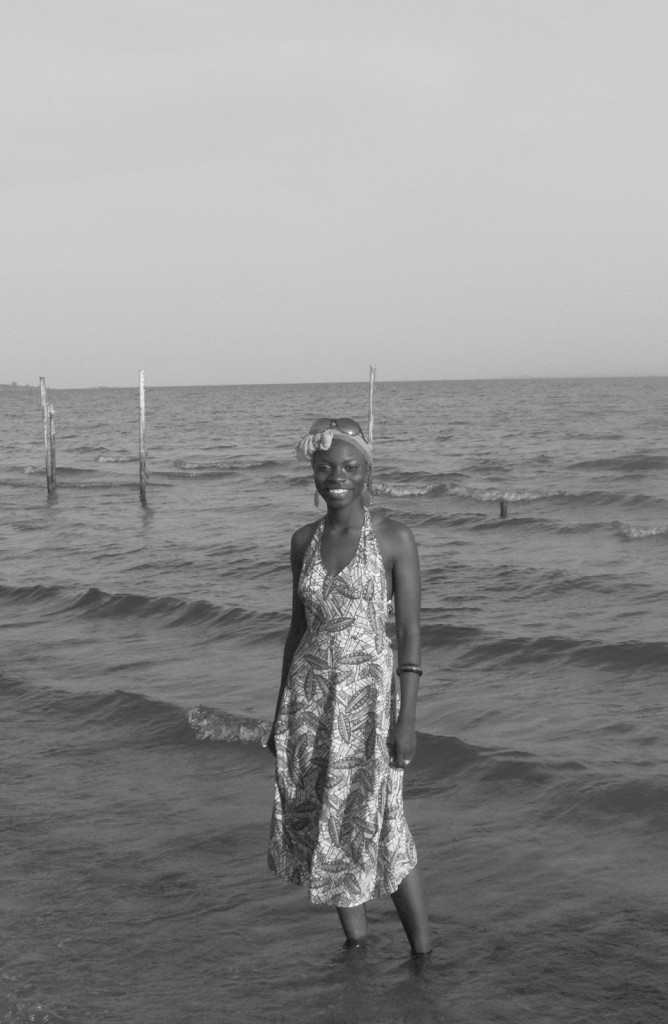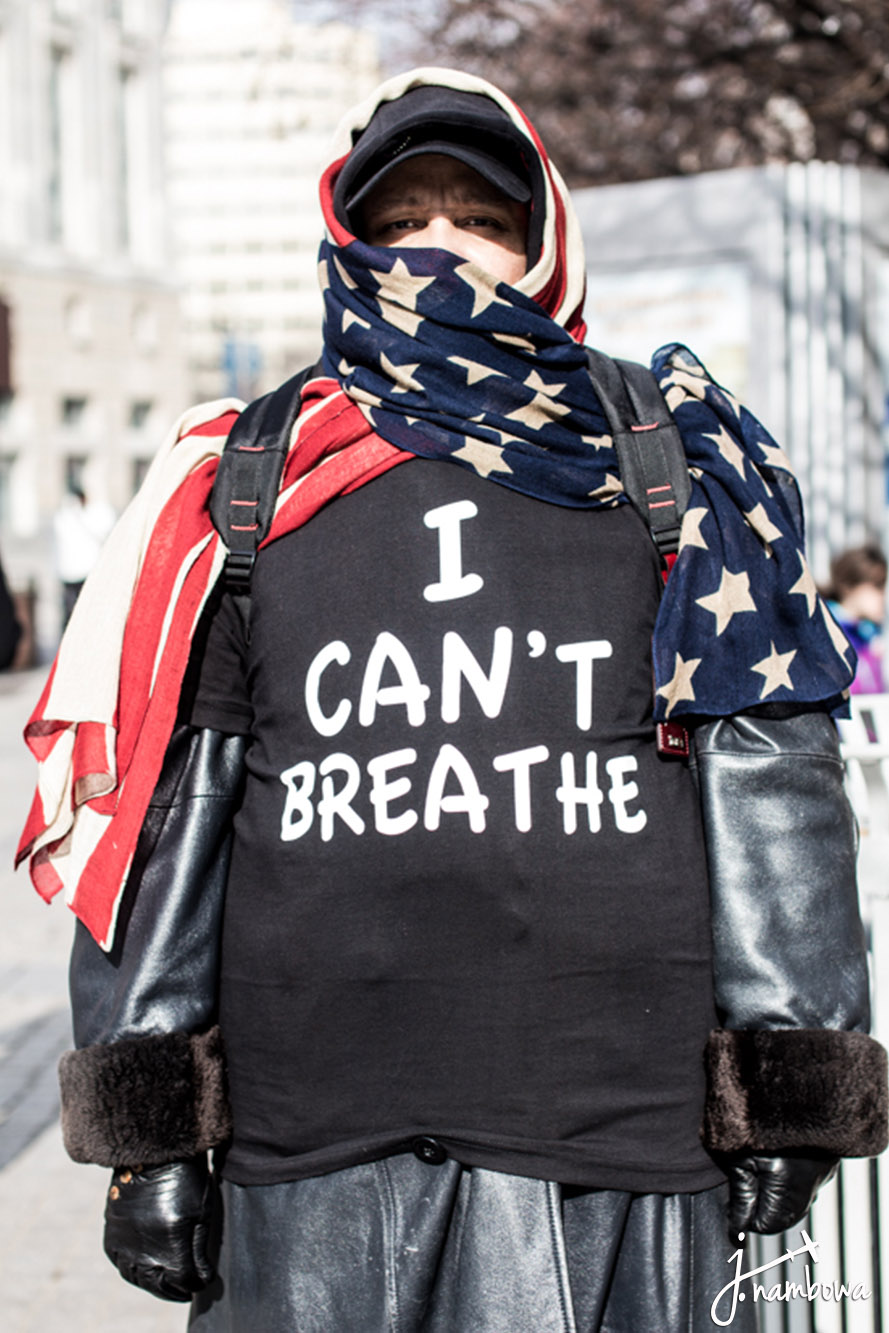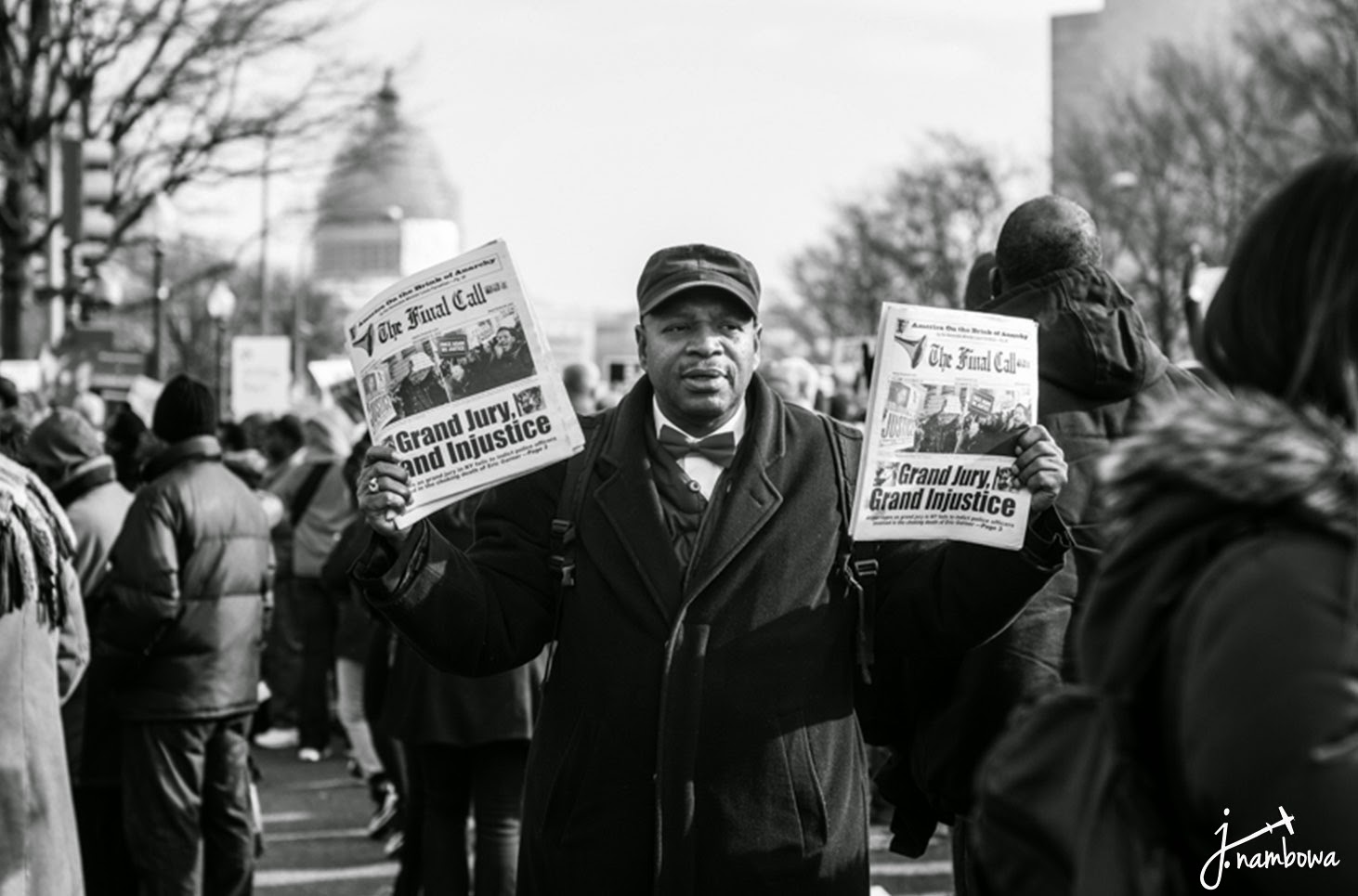On going home…and ramblings on identity
For those of us that are born to foreign parents in any country the question of identity and home may often have an illusive answer. I have previously written about this and know this duality well. Born in the US, many consider me to be American, including the authors of my birth certificate; however, I grew up in a Ugandan household, eating Ugandan food, listening to Ugandan music and being yelled at in Luganda. The dichotomy comes in that the many times that I returned to Uganda I felt a connection, but somehow felt as if I were an outsider., sometimes being called mzungu because of my accent. Having been living outside of the US now for five years, I view things differently. While many want to put me in the “American” box, understandably so, I cannot simply wash away my Ugandan heritage and upbringing, which is why I always answer the “where are you from?” with “I was born in the US but my family is from Uganda.”
You see, being born in America is a funny thing. Because it is a mixing bowl and many people simply consider anyone born there to be American, with no regard for the parents origin of birth. If I were born in China, no one would refer to me as Chinese but simply as Ugandan; if I were born in Peru, the same thing. However, when I tell people that I am Ugandan, sometimes I am dismissed with a “whatever, you’re American.”
These ramblings have deep meaning for those in my same situation, those who are first generation American, Canadian and sometimes British. While Detroit will always feel like home, it will never feel like my ancestral home, nor will the US. I cannot reminisce like my friends about summers in the south, visiting grandparents and cousins. I cannot reminisce
about Sunday dinners with soul food.
I can reminisce about celebrating Ugandan Independence Day at Sierra Afrique or having benyebwa and matoke when we find the perfect green bananas at the market. My American childhood was very different than those who are fourth, fifth and sixth generation American. I do not even know what this will mean for my children, especially considering my defiance on reintegrating into America. My niece and nephew have a parent who was born in America to Ugandan parents and a parent who was born and raised in Uganda. What does that make them? A generation and a half American?
So why all this talk on identity? I write this post while on a plane to Amsterdam, where I will continue on to Uganda. It is the first time that I am going back since 2005.The last two times I visited were very emotional, the first being to bury my father and the second to do the last rites for my grandmother, who was my last living grandparent (and my only living grandparent at birth). So now a bit over a week before the ten year anniversary of my father’s death I am returning. My emotions are mixed as they are every year. With my 29th birthday two days before the anniversary, I have decided to not really celebrate this year, while every other year I have celebrated so that I am not sad.
In the days leading up to this trip I realized how emotional this will be for me and while I fight through the pain of the loss I am excited to be home again. Yes, Uganda is home as well. I am excited to see my cousins, aunts and uncles. I am excited to enjoy the fresh mango and pineapples and observe the taxi parks and hectic markets. I return as a better
photographer and a development worker, two identities that give a different view to this journey. I will spend one month here and I will be chronicling my trip, mostly for myself, but also to give readers a new lens on Africa. East
Africa. Uganda. Kampala. Masaka. My home.





"Those of [you] who give up your homelands live with a quiet knowledge nestled in [your] blood like an incurable disease; even as we are here, we are tied to somewhere else" – NoViolet Bulawayo
such a great quote! thank you for sharing.